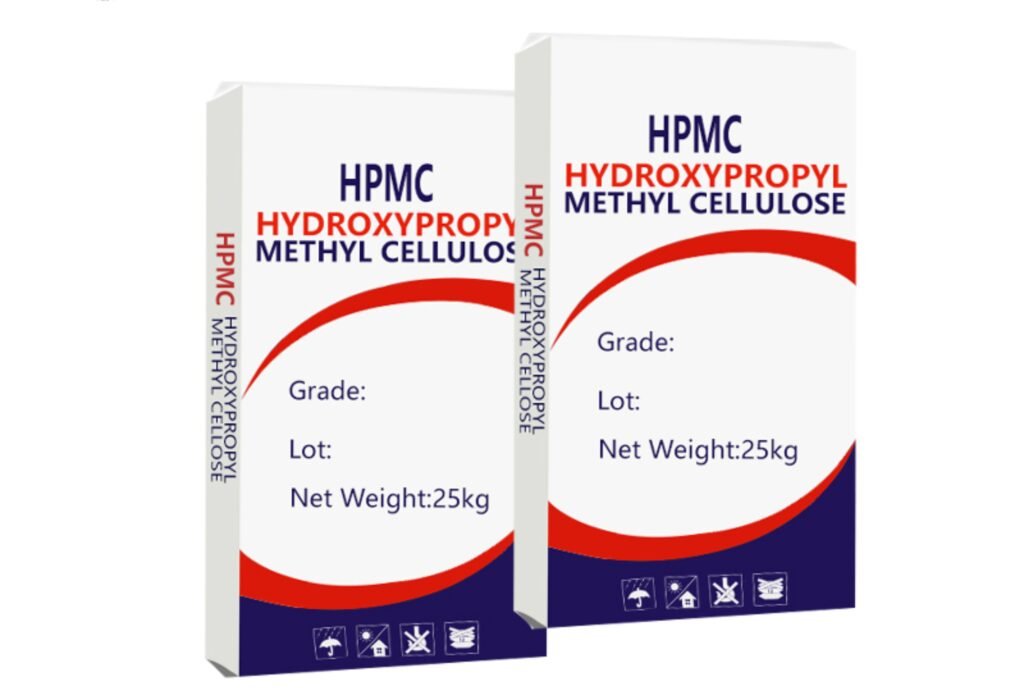
Oil Drilling
In the context of oil drilling and natural gas extraction, cellulose and its derivatives, such as carboxymethyl cellulose (CMC) and hydroxyethyl cellulose (HEC), offer a wide range of benefits. These natural polymers are integral in enhancing the efficiency, safety, and environmental compatibility of drilling and extraction processes.
Advantages of incorporating cellulose into Oil Drilling
Viscosity Control
Cellulose derivatives effectively control the viscosity of drilling fluids, which is crucial for the drilling process. They can be used to increase or decrease the viscosity based on the requirements, aiding in the suspension of drill cuttings and their transportation to the surface.
Fluid Loss Reduction
One of the primary roles of cellulose in drilling fluids is to minimize fluid loss to the surrounding formations. This is achieved through the formation of a thin, low-permeability filter cake on the borehole walls, which helps maintain the fluid’s volume and hydrostatic pressure, preventing formation fluids from entering the borehole.
Lubrication Improvement
The addition of cellulose to drilling fluids can enhance their lubricating properties, reducing the friction between the drill string and the borehole walls. This can lead to longer drill bit life, reduced operational costs, and minimized risks of stuck pipe incidents.
Enhanced Shale Stabilization
In drilling through reactive shale formations, cellulose derivatives can help stabilize the formation, preventing swelling and disintegration that could lead to borehole instability. This property is crucial for maintaining borehole integrity and preventing collapse.
Reduction of Differential Sticking Risks
The proper formulation of drilling fluids with cellulose derivatives can help reduce the risk of differential sticking, a situation where the drill pipe gets stuck against the formation due to pressure differentials. This is achieved by optimizing the fluid’s rheological properties and filter cake quality.
Rheology Modification
Cellulose ethers help change the rheological properties of drilling fluids. By adjusting the viscosity and flow behavior of the mud, they can enhance the fluid’s performance under different drilling conditions.
Compatibility
Cellulose derivatives are compatible with a wide range of drilling fluid additives, including weight materials, bridging agents, and other functional additives. This compatibility allows for the formulation of complex drilling fluid systems tailored to specific drilling conditions.
Environmental Safety
Cellulose and its derivatives are biodegradable and generally considered environmentally safer than synthetic polymers. Their use in drilling and extraction processes aligns with environmental regulations and sustainability goals, minimizing the ecological footprint of these operations.
Cellulose and its derivatives thus offer a versatile and environmentally friendly solution for addressing the complex challenges of oil drilling and natural gas extraction, contributing to more efficient, safe, and sustainable operations.
Related Products
Request an Instant Quote for Your Projects!
If you have specific questions about Oil Drilling.
Our industry experts are here to help, and we’re happy to answer any questions you may have.



